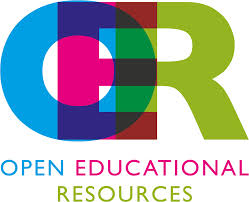In early October 2020, UMass Boston faculty and graduate students were invited to join the Remote Research Sub-Committee of the campus Research Committee for a deep dive into the practical and professional, personal and existential aspects of trying to do community-based and other human subjects research in the remote mode. This “Remote Research Symposium” generated helpful conversations, networking, suggestions and resource recommendations, all of which inspired the creation of this guide.
With the guidance of the sub-committee and based on resources curated by Associate Professor Rosalyn Negrón, Healey librarians Teresa Maceira, Lauren Movlai and Lucas Hall organized an extensive reference guide around the topics of the three breakout sessions at the October symposium, which were:
The new guide’s menu offers a link to each section; we hope you find the included resources to be useful as you navigate the challenges of managing community-based and human subjects research in the remote mode.



